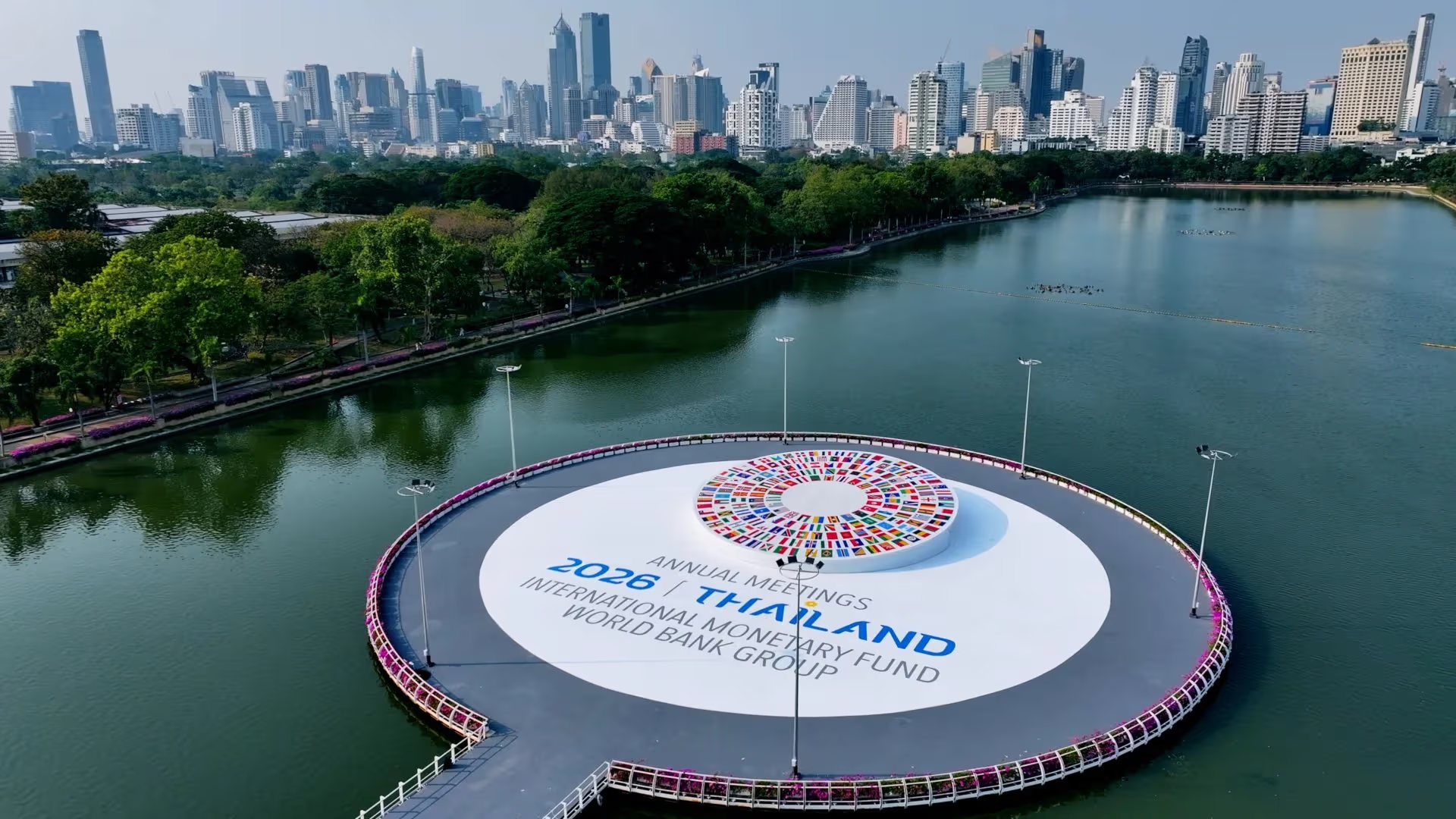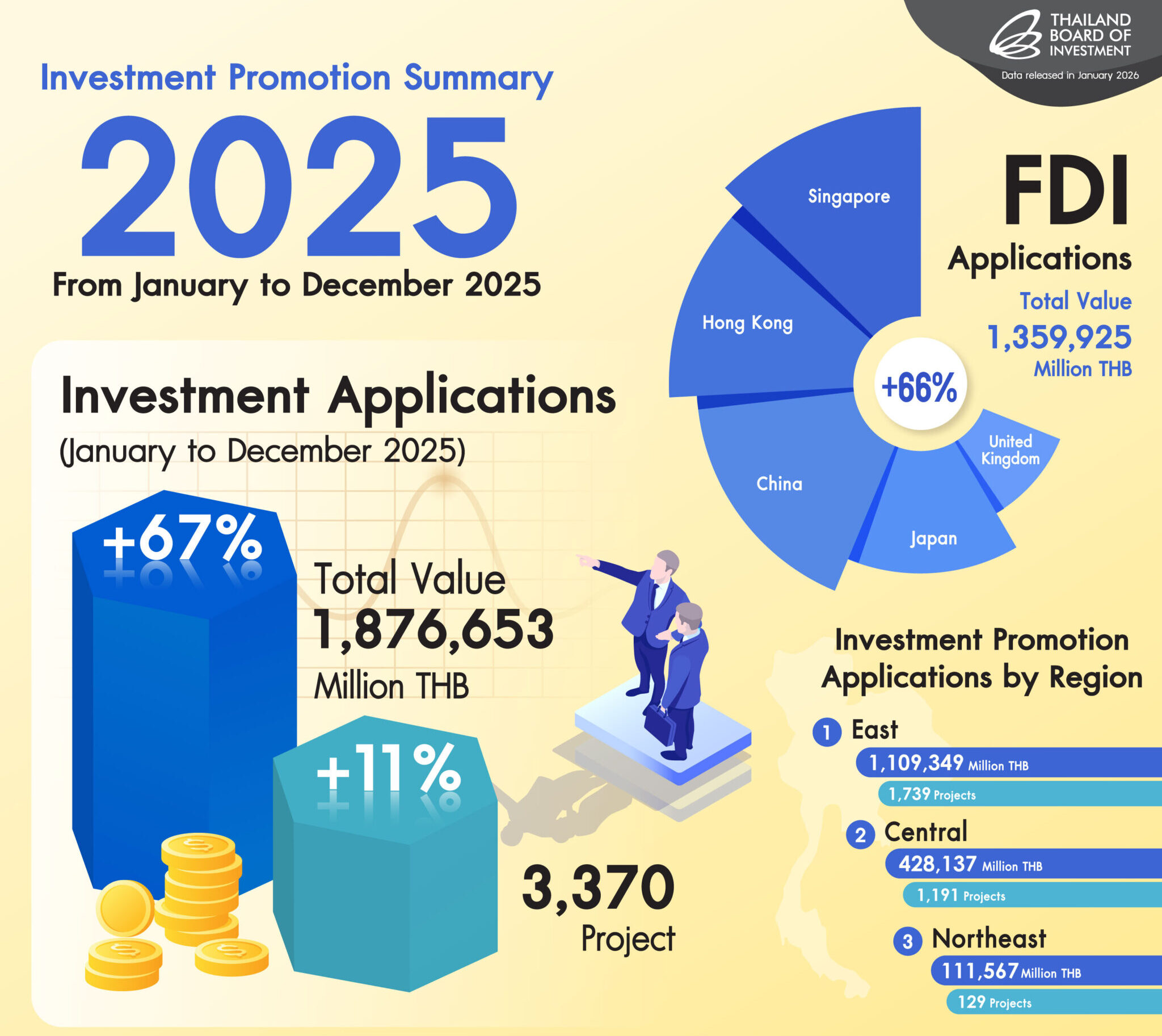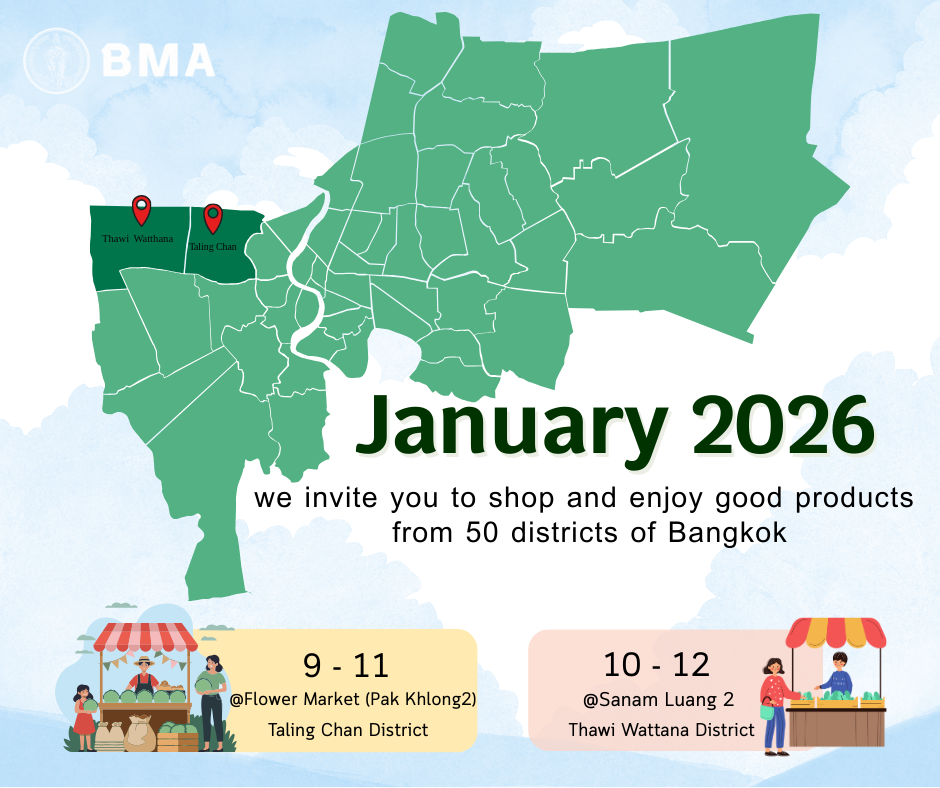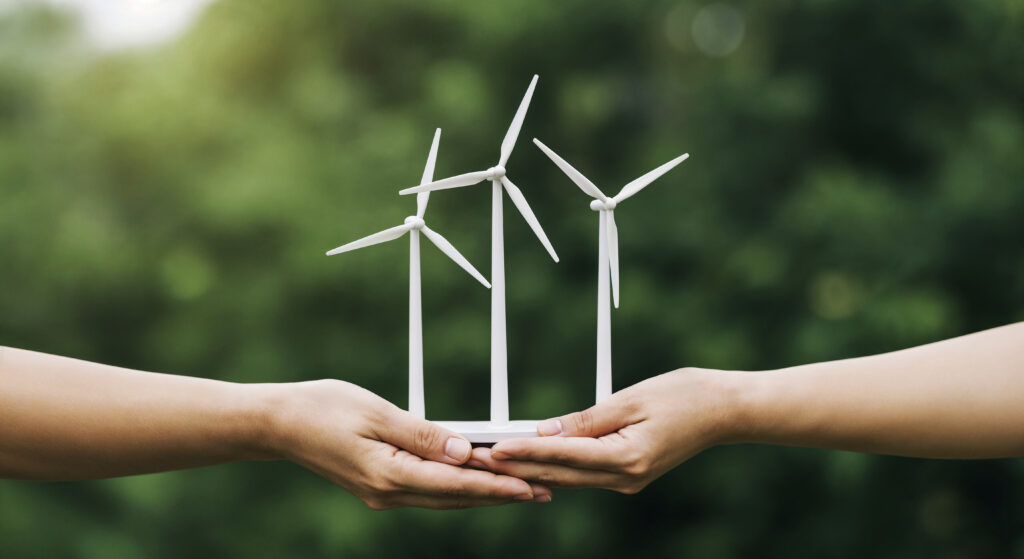
Electronic waste, or e-waste, has become one of the pressing environmental concerns in rapidly urbanising cities worldwide, and Bangkok is no exception. From obsolete smartphones to discarded household appliances, e-waste contains hazardous substances such as mercury, lead, and cadmium that, if improperly managed, can lead to severe contamination of soil, water, and air, posing significant risks to both public health and ecosystems.
Recognising the urgency of this issue, the Bangkok Metropolitan Administration (BMA) has joined forces with the United Nations Industrial Development Organisation (UNIDO) to implement a comprehensive and forward-looking approach to e-waste management. This partnership signals Bangkok’s commitment to transforming environmental challenges into opportunities for sustainable development and green economic growth.
Understanding the E-Waste Problem
The rapid pace of technological innovation and consumer demand has resulted in an exponential increase in e-waste generation. Unlike general waste, e-waste contains complex mixtures of toxic materials that require special handling to prevent environmental degradation. When e-waste is discarded improperly, often in landfills or through informal recycling channels, hazardous chemicals can leach into surrounding environments, posing a threat to human health and biodiversity.
Furthermore, e-waste represents a significant loss of valuable resources, including rare metals and other materials that could be recovered through efficient recycling processes. Hence, effective e-waste management not only mitigates pollution but also supports the principles of resource conservation and circular economy.
Bangkok’s Strategic Response
In collaboration with UNIDO, Bangkok is rolling out pilot projects designed to strengthen the city’s e-waste infrastructure and regulatory framework. The key elements of this strategy include:
- Enhancing Legal and Policy Frameworks: Introducing stricter regulations to govern e-waste collection, treatment, and disposal, ensuring compliance with environmental standards.
- Establishing Clear Operational Standards: Defining protocols for waste segregation and collection to improve efficiency and reduce contamination.
- Adopting Clean Recycling Technologies: Utilising advanced, environmentally friendly technologies to safely extract and recycle valuable materials minimises pollution and energy consumption.
- Expanding Accessibility: Setting up convenient collection points across the city to facilitate the public’s participation in e-waste recycling programmes.
- Raising Public Awareness: Launching educational campaigns aimed at businesses and residents to foster responsible consumption and proper disposal practices.
For this meeting, alongside Mr. Chadchart Sittipunt, the Governor of Bangkok, Mr. Wisanu Subsompon, the Deputy Governor, participated with representatives from different sectors. The session highlighted a collective dedication to advancing Bangkok as a leading city for the project, with the goal of converting vision into tangible results through collaborative efforts.
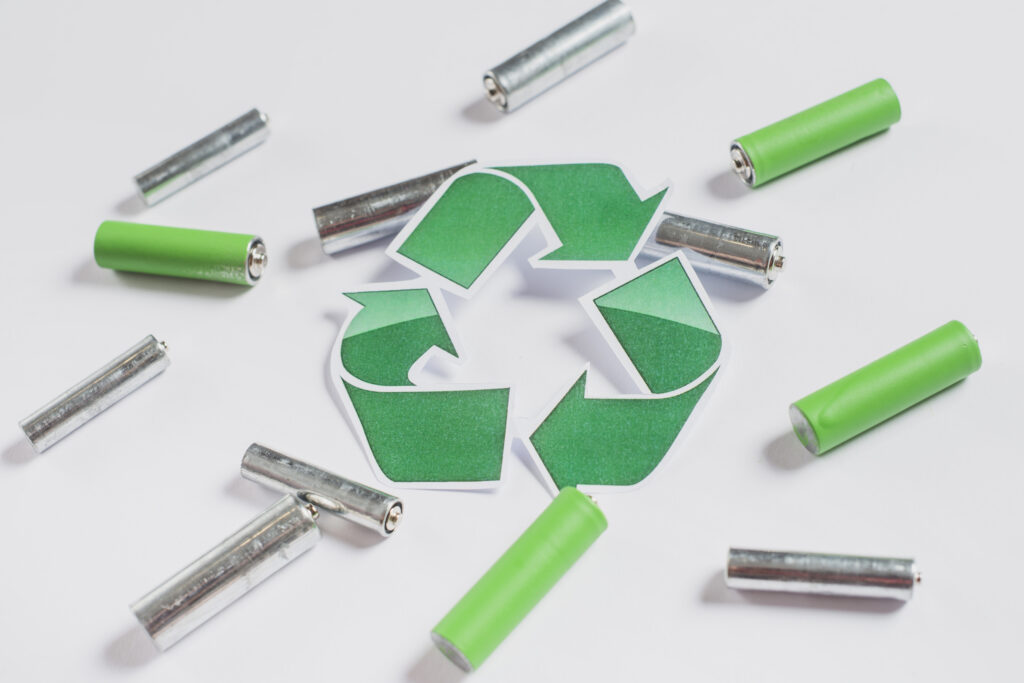
Economic and Environmental Synergies
The initiative opens promising avenues for entrepreneurship and investment within Bangkok’s burgeoning green economy. The growth of environmentally focused recycling industries aligns with global trends towards sustainable development, attracting investors keen on impactful and profitable ventures.
By fostering a clean, healthy, and forward-thinking urban environment, Bangkok is enhancing its attractiveness for international businesses, residents, and tourists who increasingly prioritise sustainability in their choices.
Alignment with Global Sustainable Development Goals
Bangkok’s e-waste management strategy directly contributes to the United Nations’ Sustainable Development Goals, particularly:
- SDG 11: Making cities inclusive, safe, resilient, and sustainable.
- SDG 12: Ensuring sustainable consumption and production patterns.
This local-global synergy underscores Bangkok’s role as a regional leader in environmental stewardship and sustainable urban innovation.
Conclusion
While e-waste management might lack the immediate glamour of high-tech innovation, it is a foundational pillar of smart, sustainable city planning. Bangkok’s proactive partnership with UNIDO reflects a mature understanding that environmental health, economic vitality, and social well-being are deeply interconnected.
Despite ongoing challenges, Bangkok’s developing e-waste strategy serves as a practical and scalable model for urban sustainability. By taking waste management seriously, the city is not only protecting its environment and citizens but also setting the stage for a more prosperous and resilient future.

